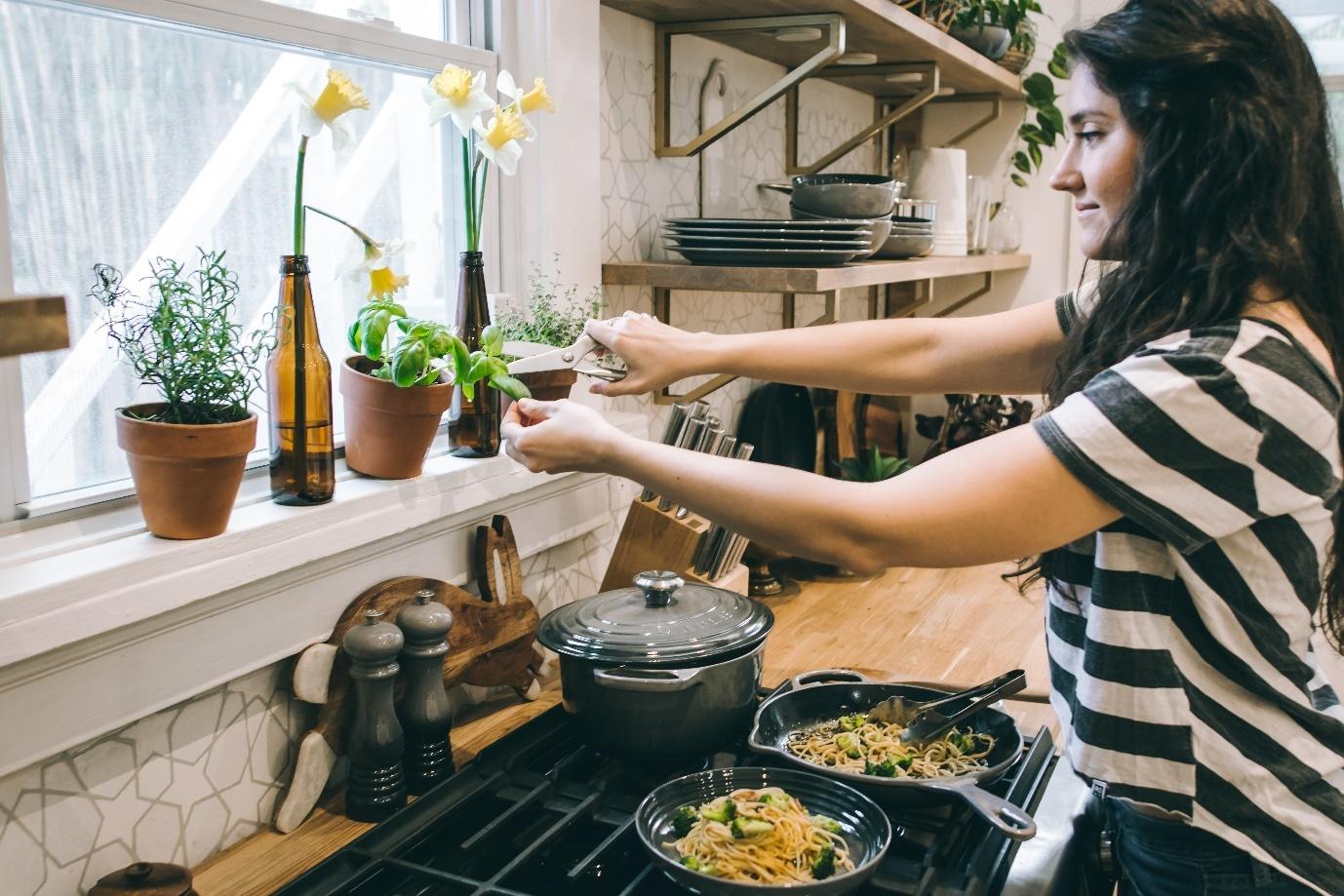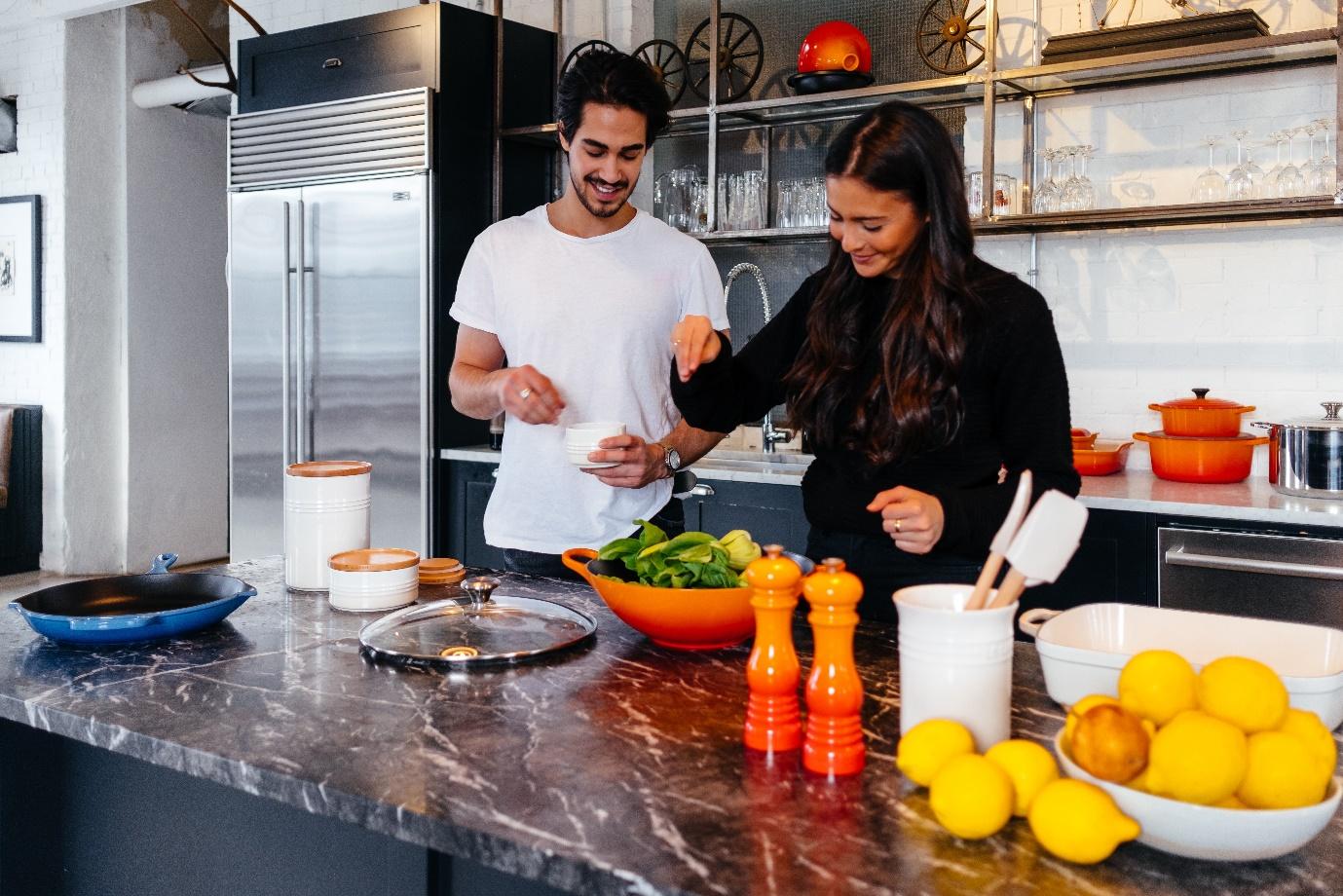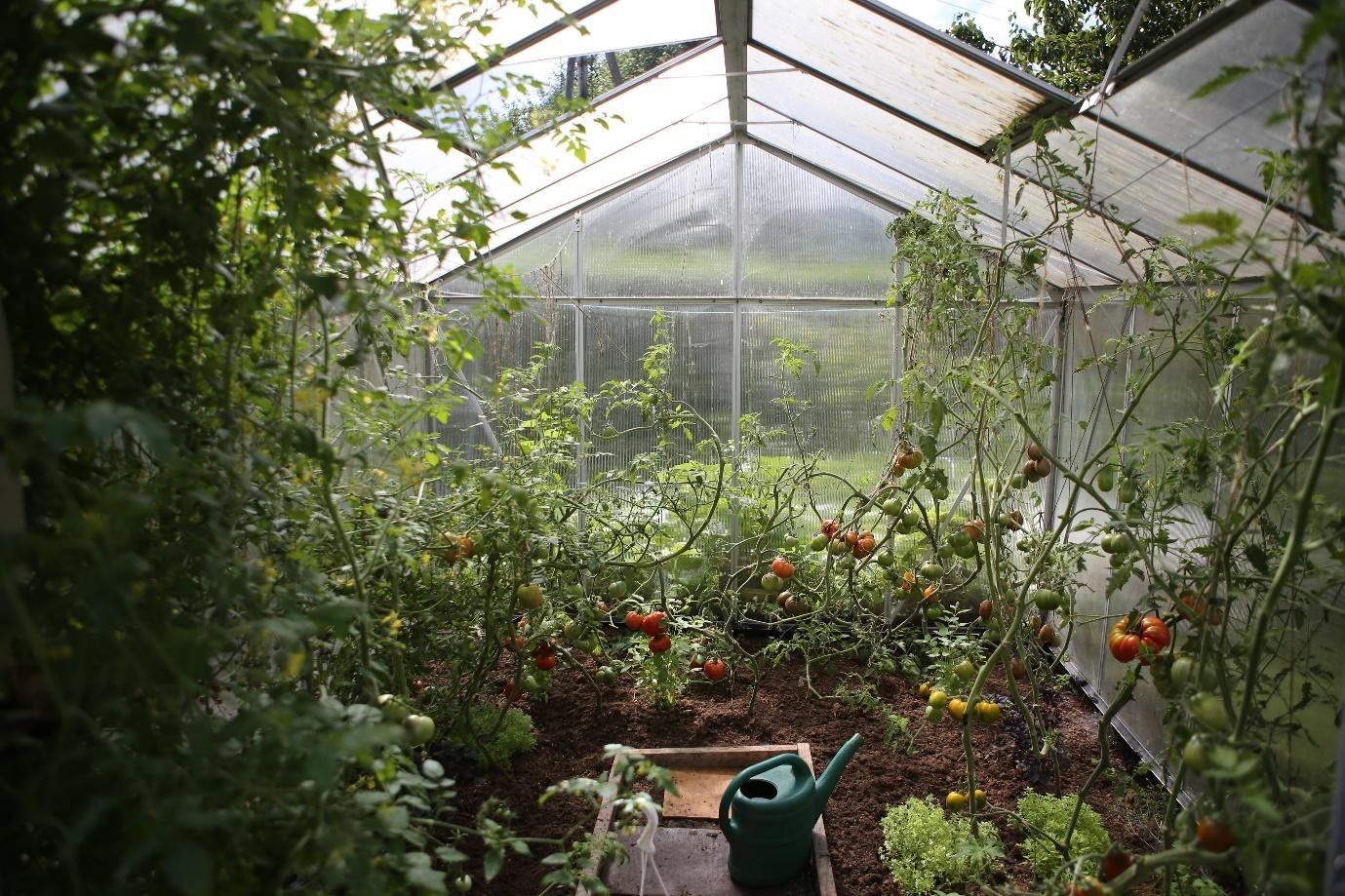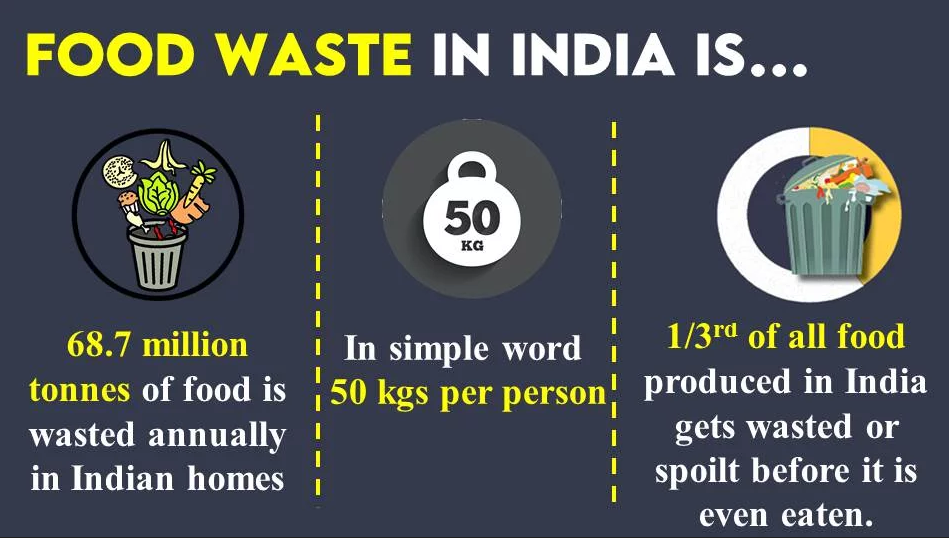DIY Meal Kits: A Recipe for Sustainability and ESG Success


The world is undergoing a significant shift towards sustainability and ethical business practices. Companies are increasingly recognizing the importance of environmental, social, and governance (ESG) initiatives to not only meet consumer demands but also to build a responsible and resilient future. In this context, Do-It-Yourself (DIY) meal kits have emerged as an unlikely hero, offering a delicious way to promote ESG goals. This blog explores the intersection of adeli DIY meal kits and ESG initiatives, highlighting the potential impact of these culinary solutions on sustainability, social responsibility, and sound governance.
1. Reducing Food Waste and Environmental Impact:
DIY meal kits have a significant role to play in addressing environmental concerns. Food waste is a global problem, with around one-third of all food produced going to waste. DIY meal kits are engineered to combat this issue at its core. By providing pre-portioned ingredients, these kits minimize over-purchasing and food spoilage, which significantly contributes to reducing food waste. This not only benefits the environment but also helps combat greenhouse gas emissions associated with food production and waste decomposition.
2. Sustainable Sourcing and Ethical Practices:
Almost all DIY meal kit companies prioritize sourcing ingredients locally and sustainably. They aim to reduce the carbon footprint associated with long-distance transportation and to support local farmers and artisans. These initiatives are in line with ESG principles that prioritize environmental responsibility and ethical sourcing. Customers can be assured that the ingredients in their meal kits are not only delicious but also sourced with environmental and social consciousness in mind.
3. Empowering the Community:
The social aspect of ESG is all about the “S” – social responsibility. DIY meal kit companies have the potential to make a meaningful impact in this domain. These businesses create jobs not only in the culinary world but also in logistics and delivery. Supporting and providing opportunities for local communities is a key tenet of ESG principles. By offering stable employment and contributing to the local economy, DIY meal kit companies are making a social difference in their regions.
4. Dietary Diversity and Inclusivity:
A core element of social responsibility is inclusivity. DIY meal kits cater to a wide range of dietary preferences and restrictions, from vegetarian and vegan options to gluten-free and allergen-free choices. This inclusivity ensures that people with diverse dietary needs can enjoy home-cooked, restaurant-quality meals, which aligns with ESG’s commitment to promoting diversity and catering to different segments of society.
5. Transparent Governance and Accountability:
The heart of a DIY meal kit dinner party is the shared experience of cooking. As guests arrive, designate tasks based on their comfort and skill levels. Some may take charge of chopping vegetables, while others might oversee marinating the protein. The kitchen becomes a lively hub of activity, filled with laughter, chatter, and the enticing aroma of the impending feast.
6. Waste Reduction and Eco-Friendly Packaging:
Sustainability is a cornerstone of ESG initiatives, and DIY meal kits are increasingly focusing on eco-friendly packaging. Many companies have shifted to recyclable, biodegradable, or compostable packaging, reducing their environmental impact and contributing to responsible resource management. This commitment aligns with ESG’s focus on eco-conscious practices and waste reduction.
In conclusion, adeli DIY meal kits have emerged as unlikely but powerful allies in the pursuit of ESG goals. These culinary solutions support sustainability, ethical sourcing, social responsibility, inclusivity, and good governance. By reducing food waste, sourcing responsibly, empowering communities, and fostering dietary diversity, adeli play a vital role in the larger narrative of ESG initiatives. The next time you cook a meal using a DIY kit, know that you are not just enjoying a tasty dish but also contributing to a more sustainable and responsible world. It is a small step that can have a big impact on our shared future.









